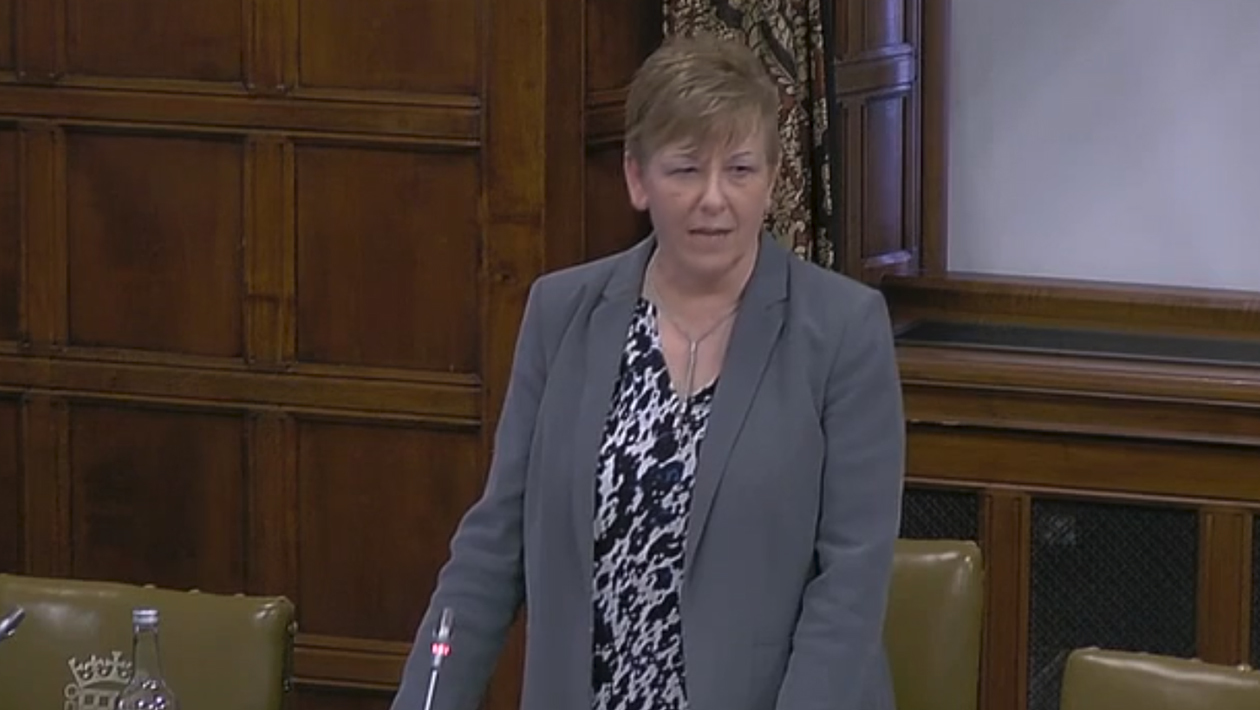This petition was submitted during the 2017-2019 parliament
Petition Change the GCSE English Literature exam from closed book to open book.
Last year, lots of students struggled with GCSE English Literature as it was a closed book exam. Because of this many failed. How can they expect us to remember quotes from 15 poems, plus how to analyse them, plus remembering the whole plot, themes, characters and quotes from another book.
More details
Is it really fair that students have to remember so much, whilst also doing revision for other exams. It is important to know how to do all that is asked in the exams, but when in life will you ever have to remember lots of information about lots of texts, then be expected to recall it perfectly under pressured conditions, on top of loads of other stresses, then write about it for strangers to judge whether or not you are worthy of a good grade or not.
This petition is closed This petition ran for 6 months
165,932 signatures
Show on a map the geographical breakdown of signatures by constituency
100,000 signatures required to be considered for a debate in Parliament
Parliament debated this topic
Government responded
This response was given on 6 February 2018
Exam boards do not allow access to copies of whole texts in exams, but provide relevant extracts as exam materials. Pupils should be able to understand and analyse the texts, not memorise them.
We have reformed English GCSEs so that they are more rigorous. The new English literature GCSE encourages pupils to read a wide range of classic literature, including 19th century novels, Shakespeare and the Romantic poets. The poetry selection has to include no fewer than 15 poems by at least five different poets, including the Romantic poets, and a minimum of 300 lines of poetry.
We were pleased to see the rise in English literature GCSE entries in 2017. It is important that as many pupils as possible have the opportunity to study a range of high quality, intellectually challenging, and substantial texts from our literary heritage. When a wider range of pupils enters a subject this can change the nature of the cohort. Ofqual’s statistical approach to awarding means that, if the cohort’s ability remains broadly the same, the same proportion of pupils would get a grade 4 (standard pass) and above compared to the previous year. Ofqual, the independent qualifications regulator in England, found overall results for 16 year old students in English literature to have remained stable at grade 4/C. Therefore any change in the proportion of top grades (grade 7/A) was likely due to a change in the profile of the candidates rather than difficulty of the exam.
Ofqual’s regulatory requirements[1], which reflect DfE’s content requirements, are designed to reward students who have gained a deep understanding of literature and who have read widely throughout the course. Ofqual does not prohibit access to all textual material during an exam. Rather it requires that where an exam board provides students taking the exam with, for example, an extract from a novel, a scene from a play or a poem, this forms part of the exam materials. Ofqual therefore sets out an expectation that pupils will be given extracts of texts during their exams and are clear in their guidance that they do not expect students to be given a complete novel, play or anthology of poems.
Pupils are not required to memorise texts and will not be awarded good marks simply by memorising and writing out sections of the poems or texts they have studied. The mark schemes for the reformed qualification reflect the fact that students will not have access to all the texts, and do not expect extensive quotes from memory. Pupils may gain extra marks through the intelligent use of quotations, but the requirement is about pupils’ illustrating their interpretations of the text, and so demonstrating their understanding of the question, and quotations can be part of this.
The changes we have made are designed to reward pupils for reading and understanding important literature and appreciating it at a deeper level. For those engaging at this level, this will be a good preparation for A level for those choosing to study English post-16.
[1] Subject level Conditions and Requirements: https://www.gov.uk/government/publications/gcse-9-to-1-subject-level-conditions-and-requirements-for-english-literature
Department for Education
Related activity
MPs agree to debate on GCSE English Literature exams
The Petitions Committee (the group of MPs who oversee the petitions system) have agreed to schedule a debate on this petition. We’ll let you know the date of the debate as soon as we can.
Share your views on the GCSE English literature exam
On Monday 26 March MPs will debate this petition.
The Petitions Committee wants to find out a little more information about why you signed the petition to help inform the debate.
To hear your views, we've made a short survey.
It shouldn’t take you more than 8 minutes.
We won’t ask you for any personal details and all your answers will be anonymous.
Deadline is midnight on Tuesday 20 March 2018.
You can complete the survey here: https://www.smartsurvey.co.uk/s/HO8BO/
We made this survey after speaking to a group of students who are taking their GCSEs this year.
You can find out more about the petition debate here: https://www.parliament.uk/business/committees/committees-a-z/commons-select/petitions-committee/news-parliament-2017/gcse-english-exam-debate-17-19/
What is the Petitions Committee?
The Petitions Committee is a cross-party group of MPs that looks at e-petitions submitted on petition.parliament.uk. It is independent from Government. You can find out more about the Committee on its website: http://www.parliament.uk/petitions-committee/role
You can follow the Petitions Committee on Twitter: @HoCpetitions
